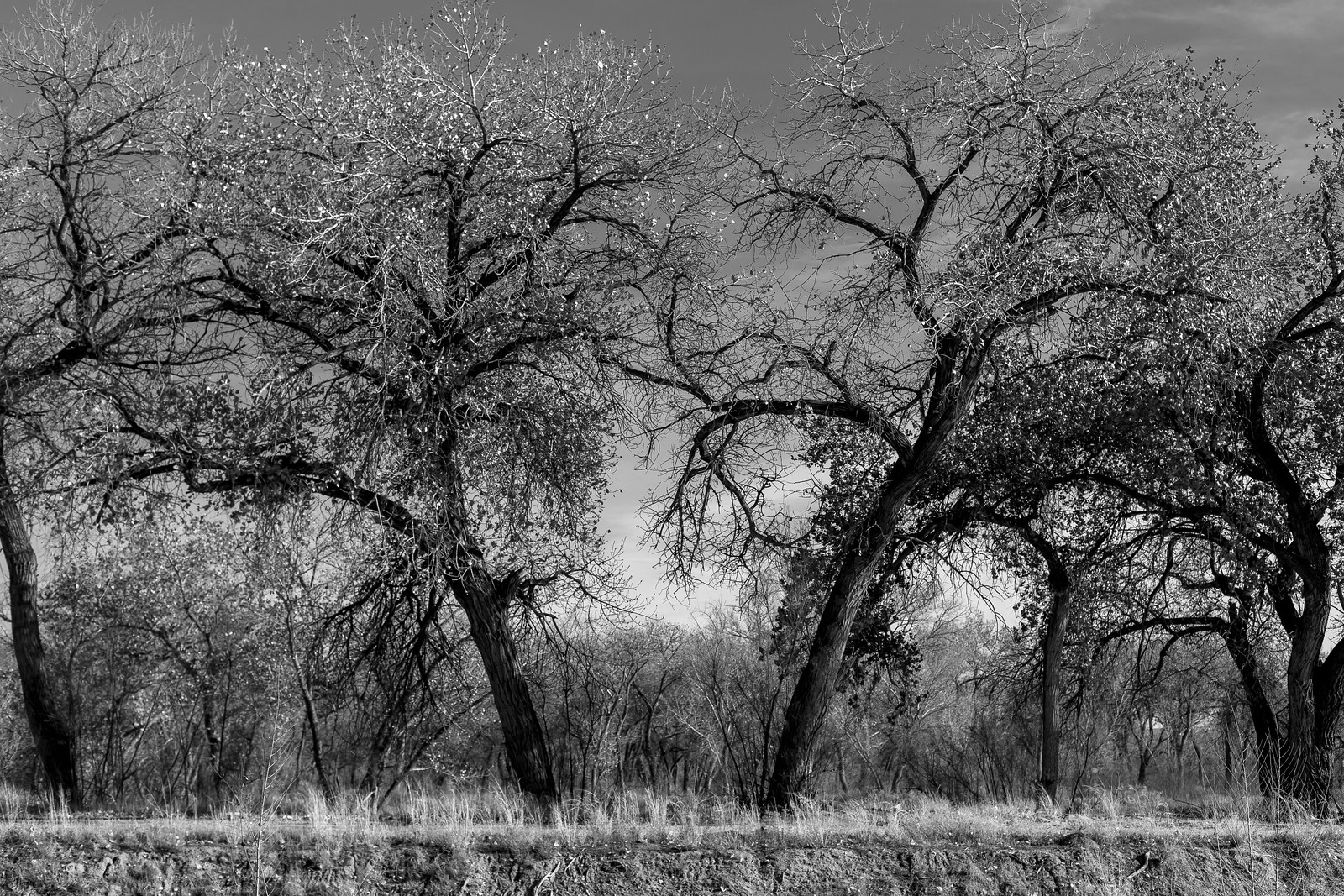
El Bosque, Albuquerque, New Mexico: photo by Jorge Guadalupe Lizárraga, December 2016

El Bosque, Albuquerque, New Mexico: photo by Jorge Guadalupe Lizárraga, December 2016

El Bosque, Albuquerque, New Mexico: photo by Jorge Guadalupe Lizárraga, December 2016

El Bosque, Albuquerque, New Mexico: photo by Jorge Guadalupe Lizárraga, December 2016

El Bosque, Albuquerque, New Mexico: photo by Jorge Guadalupe Lizárraga, December 2016
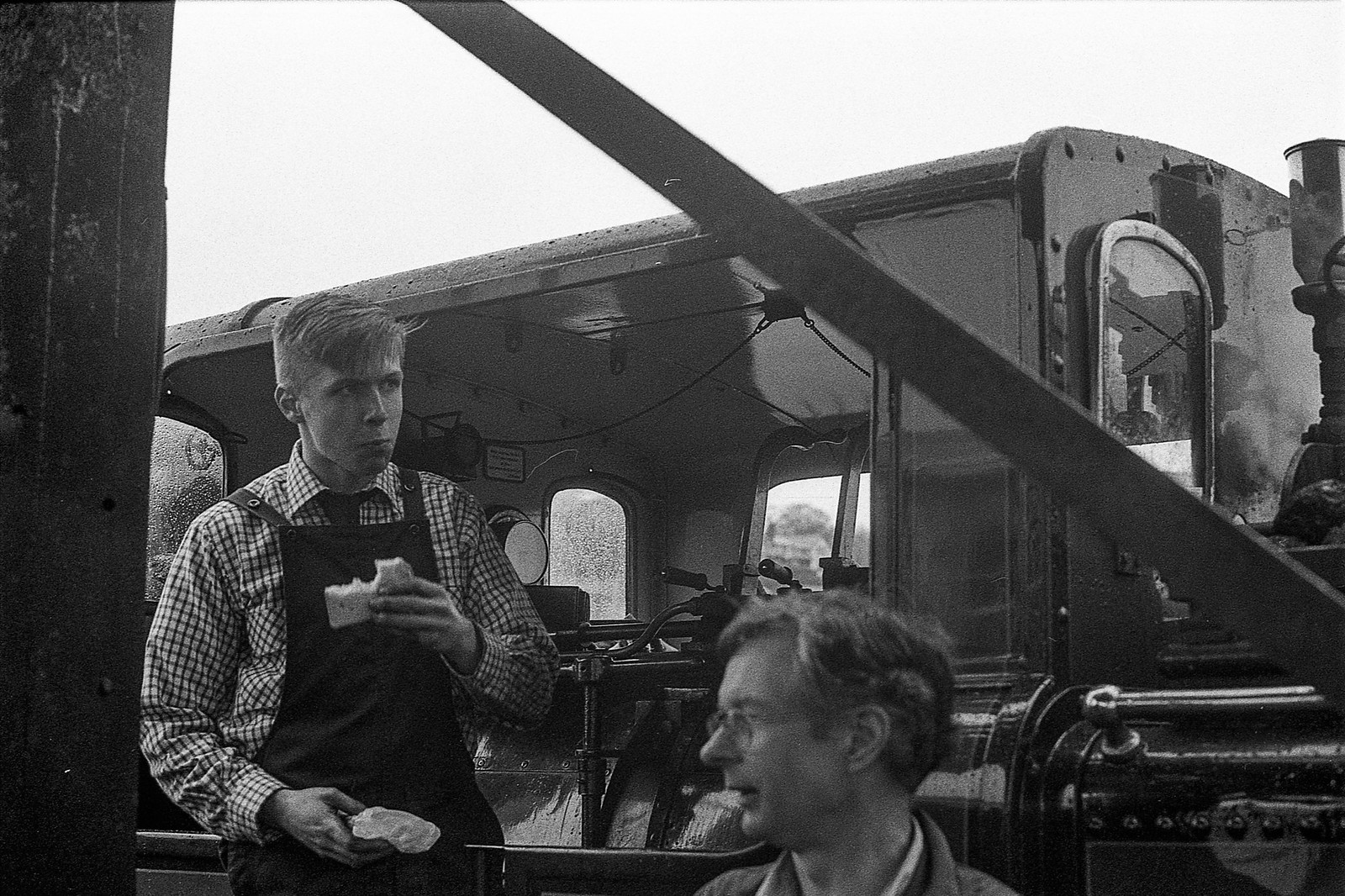
Firemans break. Candid shot of my friend and Ffiestiniog Railway fireman, Will Smith -- enjoying lunch whilst tanks are being filled.: photo by Charles Power, 24 August 2016

Firemans break. Candid shot of my friend and Ffiestiniog Railway fireman, Will Smith -- enjoying lunch whilst tanks are being filled.: photo by Charles Power, 24 August 2016

Firemans break. Candid shot of my friend and Ffiestiniog Railway fireman, Will Smith -- enjoying lunch whilst tanks are being filled.: photo by Charles Power, 24 August 2016
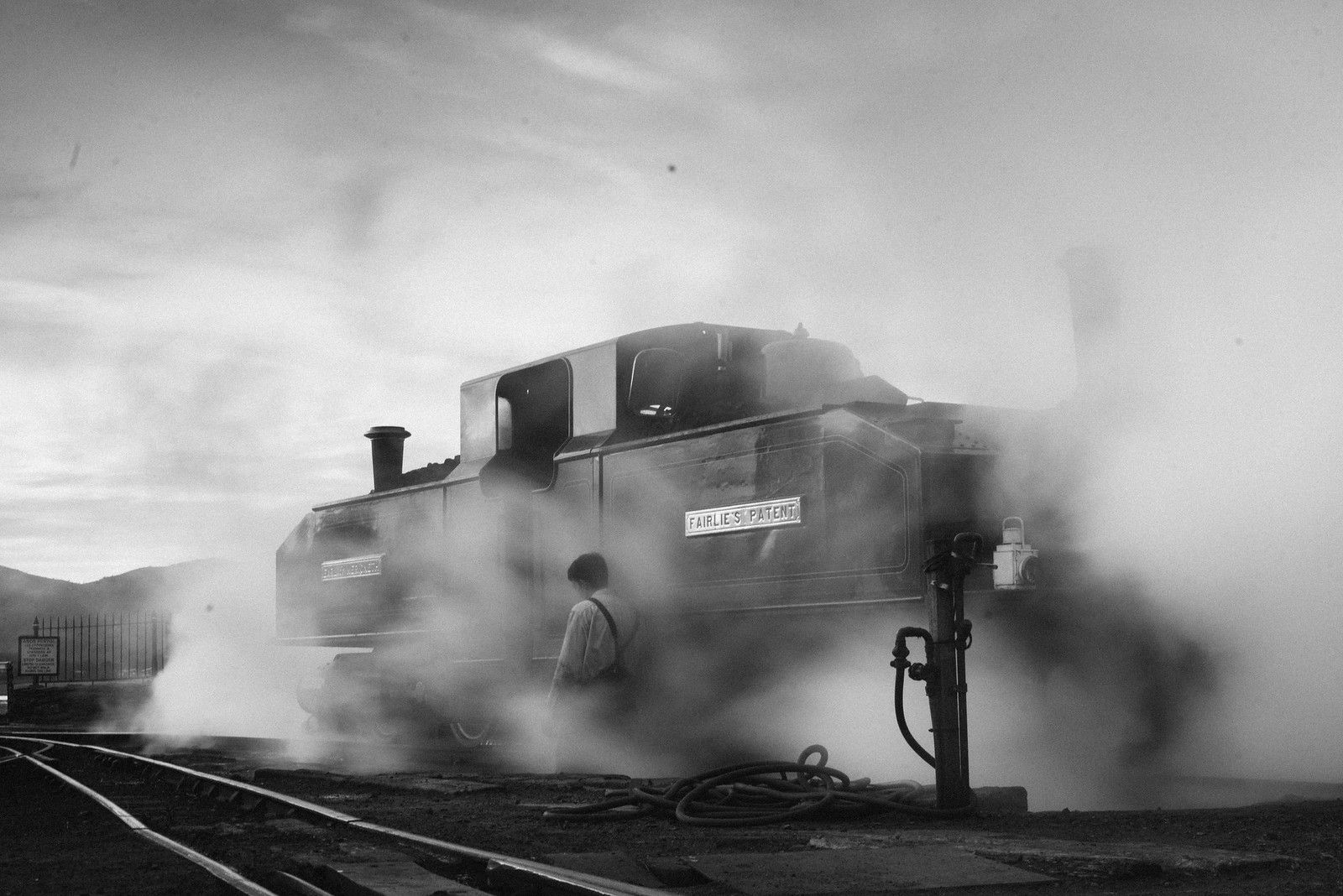
The end of a very long day. Daniel Jones Blowing down the Earl of Merionth after a very long day.: photo by Charles Power, 28 March 2016

The end of a very long day. Daniel Jones Blowing down the Earl of Merionth after a very long day.: photo by Charles Power, 28 March 2016

The end of a very long day. Daniel Jones Blowing down the Earl of Merionth after a very long day.: photo by Charles Power, 28 March 2016
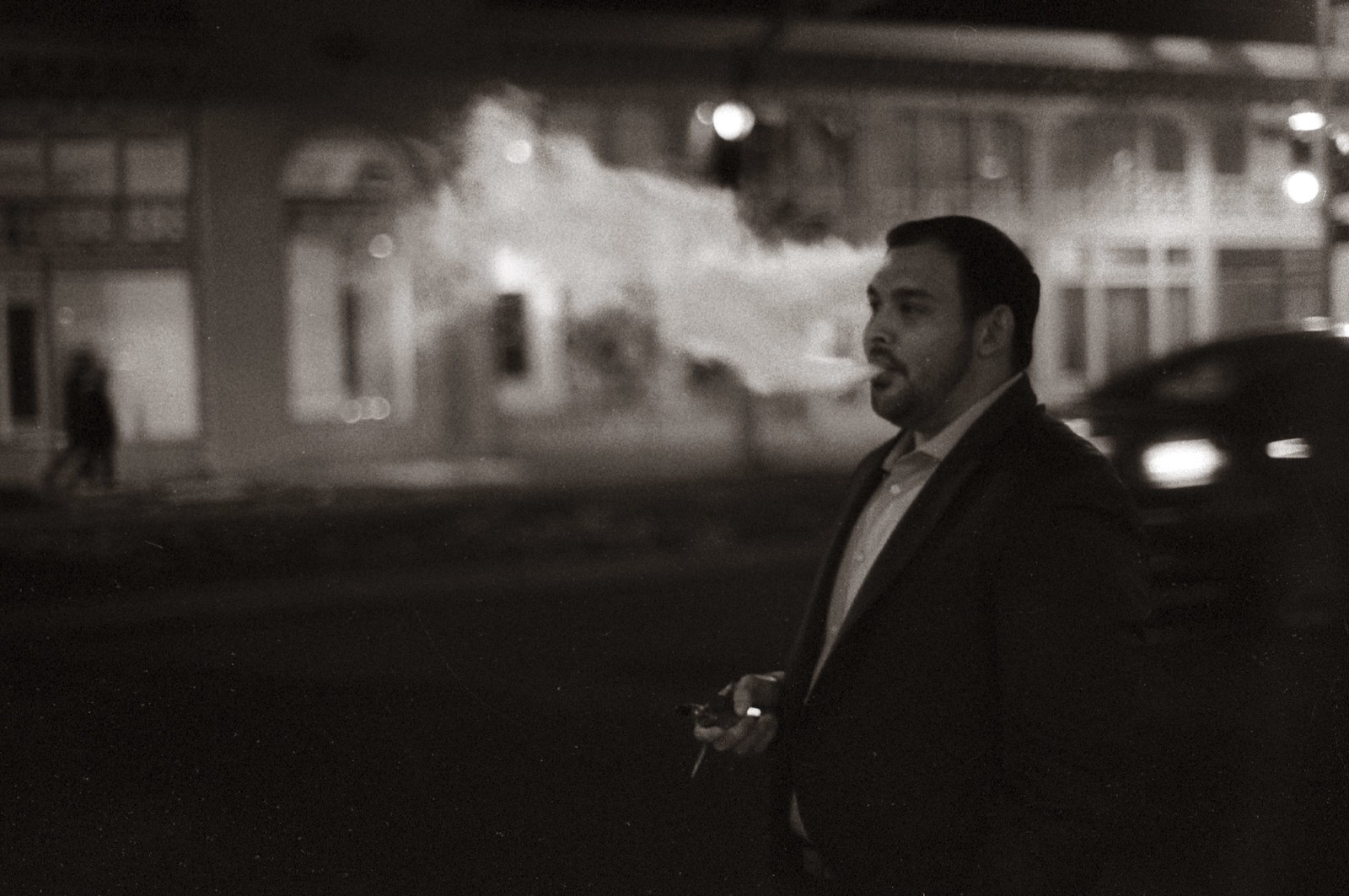
The vaper [Oakland]: photo by efo, 16 December 2016

The vaper [Oakland]: photo by efo, 16 December 2016

The vaper [Oakland]: photo by efo, 16 December 2016
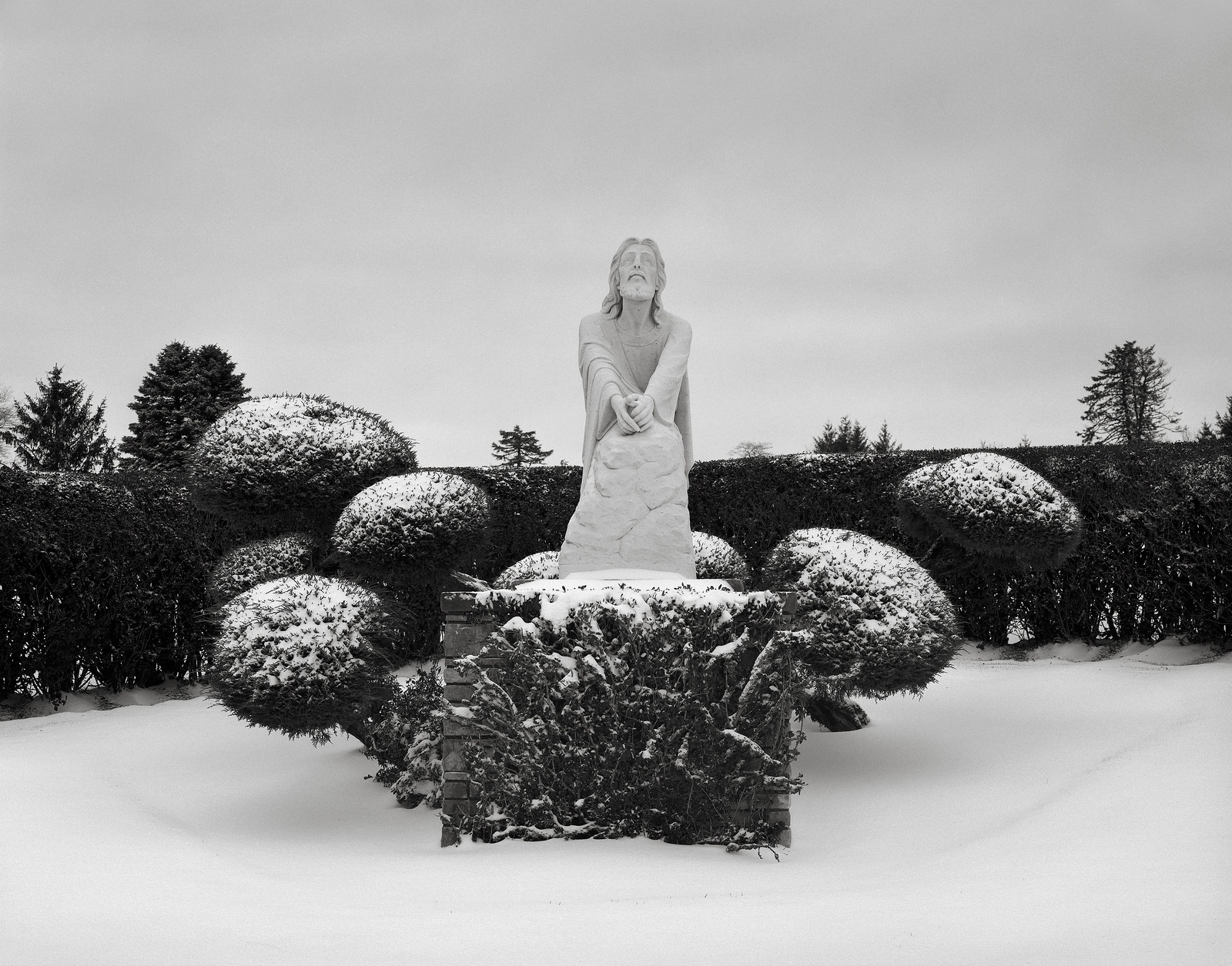
Jesus in the snow, Portland: photo by Austin Granger, 20 December 2016

Jesus in the snow, Portland: photo by Austin Granger, 20 December 2016

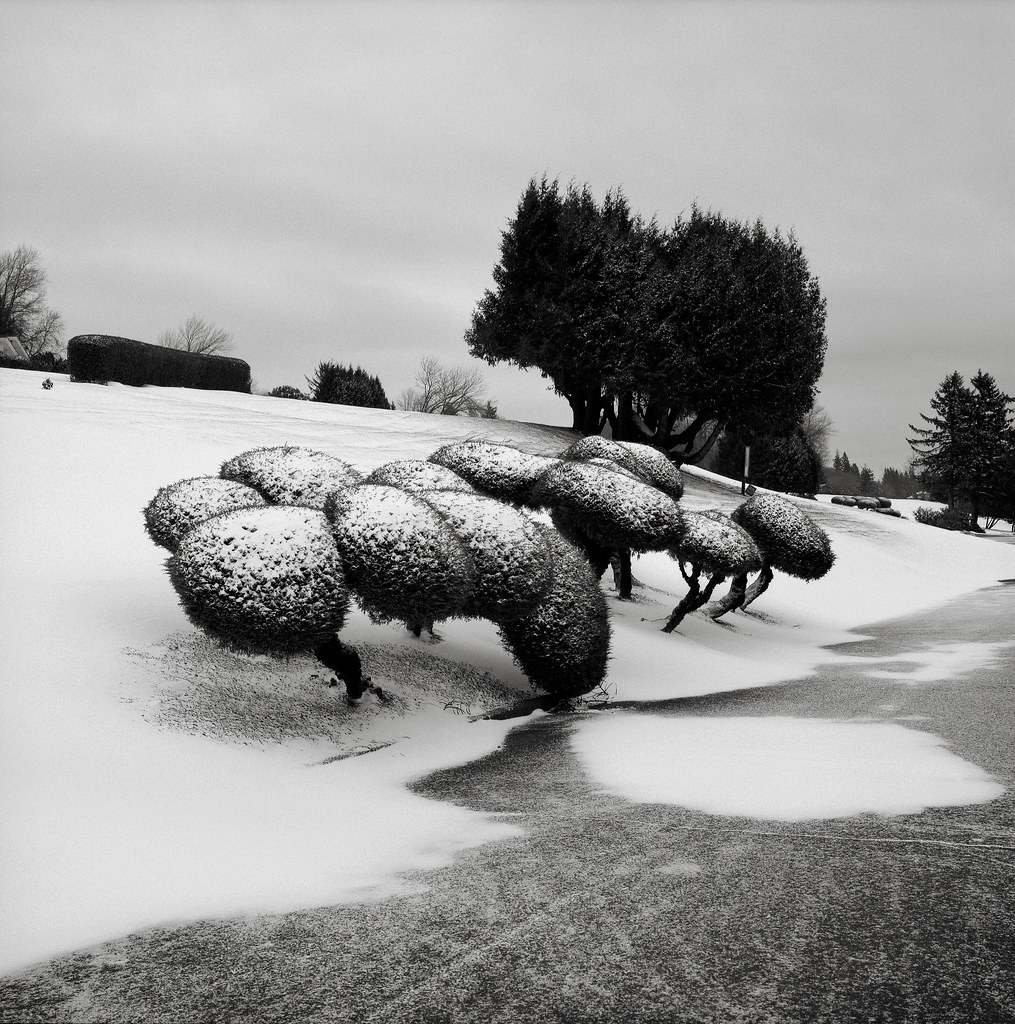
In a Cemetery, Portland: photo by Austin Granger, 21 December 2016
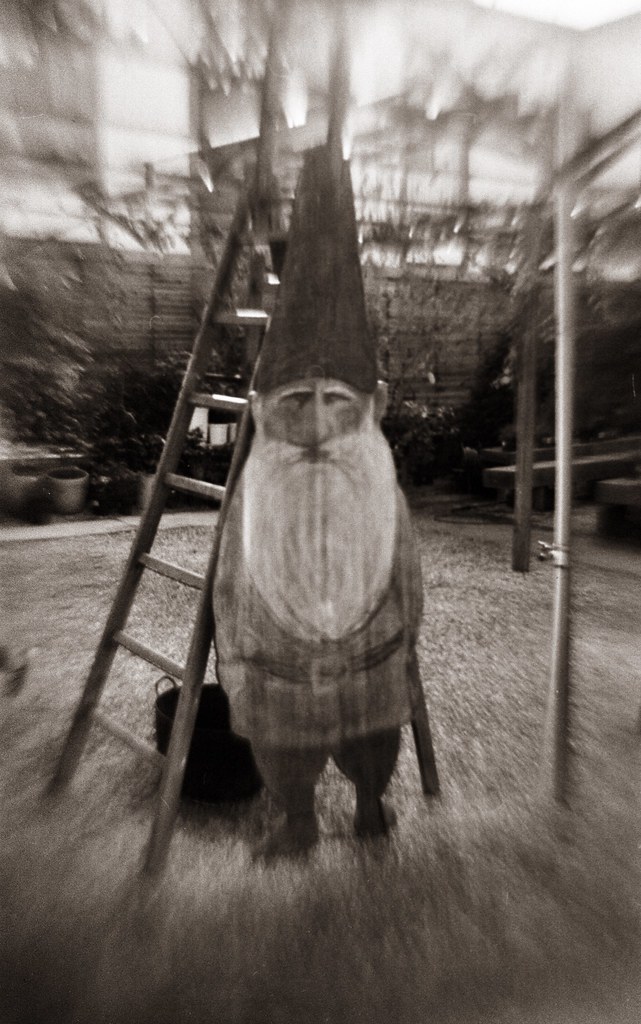
Elf, Fairbanks North Star Borough, United States: photo by efo, 18 December 2016
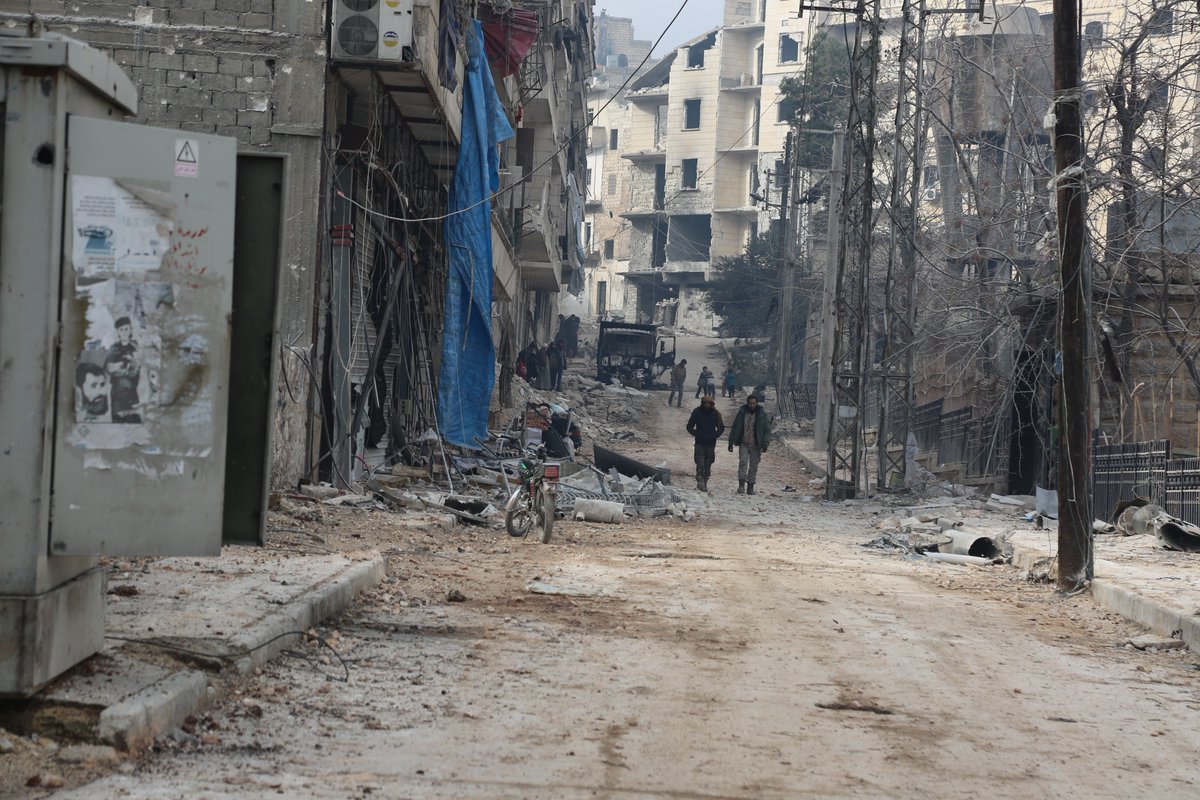
Just a matter of hours and #Aleppo will be occupied by a foreigners.. without its people.. Our roots were instilled there and always will remain: image via Zouhir AlShimale @ZouhirAlShimale, 22 December 2016
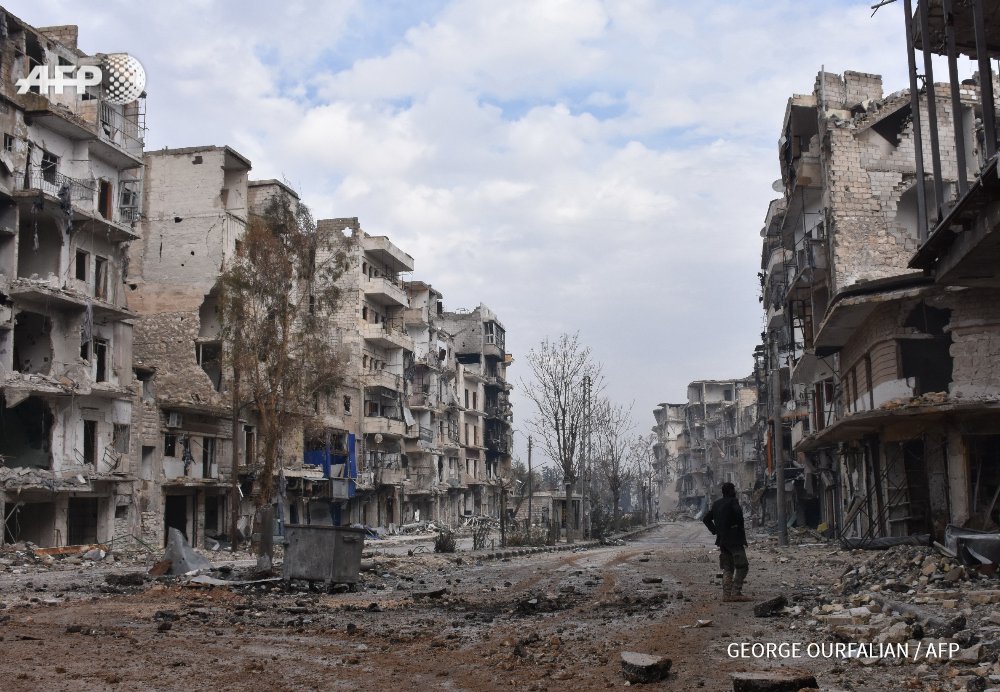
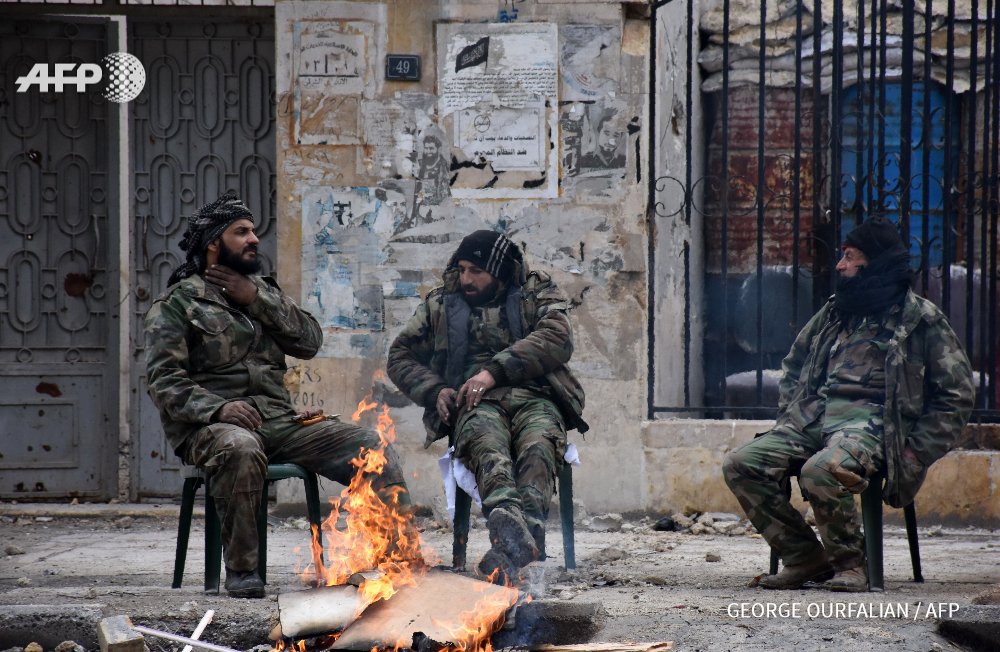
SYRIA - Syrian soldiers sit by a fire in the former rebel-held Ansari district in Aleppo. By George Ourfalian #AFP: image via AFP Photo Department @AFPphoto, 23 December 2016

#Syria Smoke billows from the former rebel-held district of Bustan al-Qasr during an op. by gov. forces to retake the city #Aleppo @AFPphoto: image via Photojournalism @photojournalink, 23 December 2016

Just a matter of hours and #Aleppo will be occupied by a foreigners.. without its people.. Our roots were instilled there and always will remain: image via Zouhir AlShimale @ZouhirAlShimale, 22 December 2016

SYRIA
- A member of the Syrian regime forces stands amidst destruction in
former rebel-held Sukkari district in Aleppo. By George Ourfalian: image via AFP Photo Department @AFPphoto, 23 December 2016

SYRIA - Syrian soldiers sit by a fire in the former rebel-held Ansari district in Aleppo. By George Ourfalian #AFP: image via AFP Photo Department @AFPphoto, 23 December 2016

#Syria Smoke billows from the former rebel-held district of Bustan al-Qasr during an op. by gov. forces to retake the city #Aleppo @AFPphoto: image via Photojournalism @photojournalink, 23 December 2016
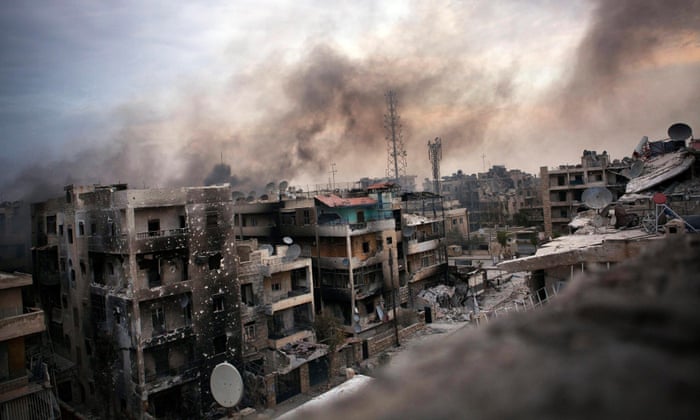
Smoke billows over shelled and destroyed buildings in Aleppo, Syria: photo by Maysun/EPA, October 2012
'I couldn't take anything except dignity': stories of the leaving of Aleppo: Evacuees from the Syrian city tell how life continued through years of bombing – until it was impossible to stay: Emma Graham-Harrison, The Guardian,
The Aleppo Thaer al-Halabi left behind was a ghost town filled with the shadows of
friends lost to war and the shattered dreams of a different Syria.
Still, the parting resembled physical pain. He was born in Aleppo, in a house in the old town with a courtyard shaded by vines, where his family had lived for over a century. He raised a family and built a career there, and then, for four years, gambled everything he had on the possibility of taking down Syria’s president, Bashar al-Assad.
“When we were forced to leave Aleppo it had already been destroyed completely. You didn’t see a city, only ghosts, in a ghost city,” said the 57-year-old engineer turned opposition politician.
“I am very sad I have left our city, it’s at the centre of our hearts, part of our bodies. But because we need freedom we cannot live there.”
Halabi said he was jailed three times by the government before the war, so when the uprising against Assad first turned into armed rebellion and rebels took half of Aleppo rebels took half of Aleppo, he didn’t think twice about joining them. “We had freedom for four years,” he said.
Aleppo, which was Syria’s cultural and economic hub before the conflict, became a byword for devastation far beyond the country’s borders, after years of brutal air raids to try to oust rebels.
In the early years of the fighting, life in rebel-held areas was not all horror and violence. There was a local council set up to govern, schools still operated. People went to work when they were not severed from their offices by the frontline, or set up new businesses and tried to ignore the war.
“Life went on amid the bombing,” said Sara, a 47-year-old teacher who also stayed in Aleppo until the enclave’s final days. “There were schools, businesses, shops, there were goods and people, entertainment, everything.”
For the young in particular, rebel-held Aleppo offered the wild liberties of an unfiltered web. “On the other side of the city was regular Syrian government that block everything they don’t want,” said Halabi’s son, the activist and journalist Rami Zein.
“On our side of the city it felt like you are in a place open to the world. Before the siege it was a great city, you had everything you need, could bring everything you need from the border [with Turkey], all kinds of trade, everything was there.”
As the war intensified though, death and destruction touched growing numbers of families. Aleppo became notorious for the horror of barrel bombs, dropped from helicopters on civilian areas to spread death and fear.
The footballer Mohammed Khalifa’s sister was among the early victims. The family had moved house to escape heavy shelling in their old neighbourhood, nearer the frontline, where planes could fly over rebel-held areas with virtual impunity.
The barrel bomb that took his sister’s life also seriously injured his daughter, who was raced to Turkey in an ambulance. Khalifa followed more slowly through the border checkposts, and when he reached the hospital a doctor mistakenly told him his daughter had died.
“I raced in to try to see her body,” he said, “and they told me she actually was alive but had serious head injuries. She survived, thank God, and is with me now.”
The bomb also destroyed a small shop they had set up, along with two cars, but despite their losses the family decided not to leave as the bombings intensified and a siege began.
“I wanted to stay in Aleppo because of my commitment to the revolution and its principles; I started that way and won’t change until I finish,” said Khalifa, 30, who said he played with the national team before the war began.
The growing bombardment prompted an exodus to refugee camps and brought those who stayed constant tragedy. “We lost so many people not just to bombs and other weapons, but also because of displacement,” said Sara, who has three children and asked to use a pseudonym to protect relatives still in government-held areas.
Like many civilians in rebel-held zones, she stayed in touch with family, friends and former colleagues in west Aleppo by phone, although Assad’s surveillance state usually made all but the most anodyne conversation impossible.
“We cannot talk about the war because our friend may be in danger, only hello, how are you and a few words, because Assad is watching everything,” said Halabi.
After Russia joined the air war in September 2015, the bombing raids on Aleppo became more intense, with huge bunker buster missiles, white phosphorus and a range of other munitions added to the constant rain of barrel bombs.
“The shelling would not stop, it continued without mercy,” said Halabi. “Just to go to the market, you had to believe you were already dead, so you could have the courage to leave the house. When we got back to the house this was a new life.”
Then the siege began in August, as the government turned to a technique that had helped reclaim other cities: starving and demoralising fighters and the civilians who supported them into submission.
“In every corner of your life you find something missing, like your mobile charge, your laptop charge, even warmth if you are cold, water for showering. You have to use everything carefully and think twice,” said Zein.
They would run short of water because there was no fuel to pump from the wells. Zein felt permanently weak, cold and dirty, and would sleep for up to 15 hours a day, when illness and the temperatures allowed. “When I got out of Aleppo,” he said, “I couldn’t remember the last time I had a shower.”
As government forces closed in, people who had turned down many chances to leave finally decided to flee, fearing imprisonment, torture, death or forced conscription if they came under Assad’s control. Most left in crowded buses with little beyond the clothes on their back.
“Finally we had to get out. I couldn’t take anything except my dignity with me,” said Khalifa. He is now in nearby Idlib province, crammed into the home of a relative with his wife, two children, two brothers and their families.
“At the checkpoints they stopped us, searched us and took stuff from people with us. Our money, our cars, our generator, our house, all of them are left in Aleppo. We came out with nothing. As regards the future I am lost, lost, lost.”
They feel luckier than most of the people evacuated to Idlib, who are struggling for shelter and food in a province covered with snow and still a war zone. The UN has said Idlib may be the next Aleppo, a focus for a new push by forces loyal to Assad.
Some who endured Aleppo’s siege and bombardment say they are prepared to suffer further rather than flee into exile, because while they have lost their homes, they still have their dream of change.
“I am not going to another country, unless in the end they push me out, like they did from Aleppo,” Halabi said. “I will try to stay in my country if I can.”
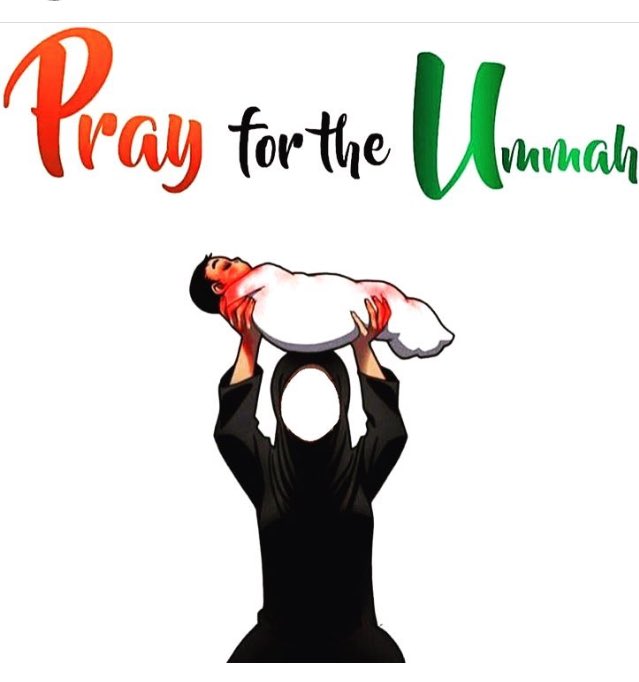
Pray for the Ummah #Syria #palestine #Burma #kashmir #car #Sudan #Waziristan #Iraq #Egypt #Afghanistan #Nigeria #Yemen: image via Shakirah @arewashams, 22 December 2016
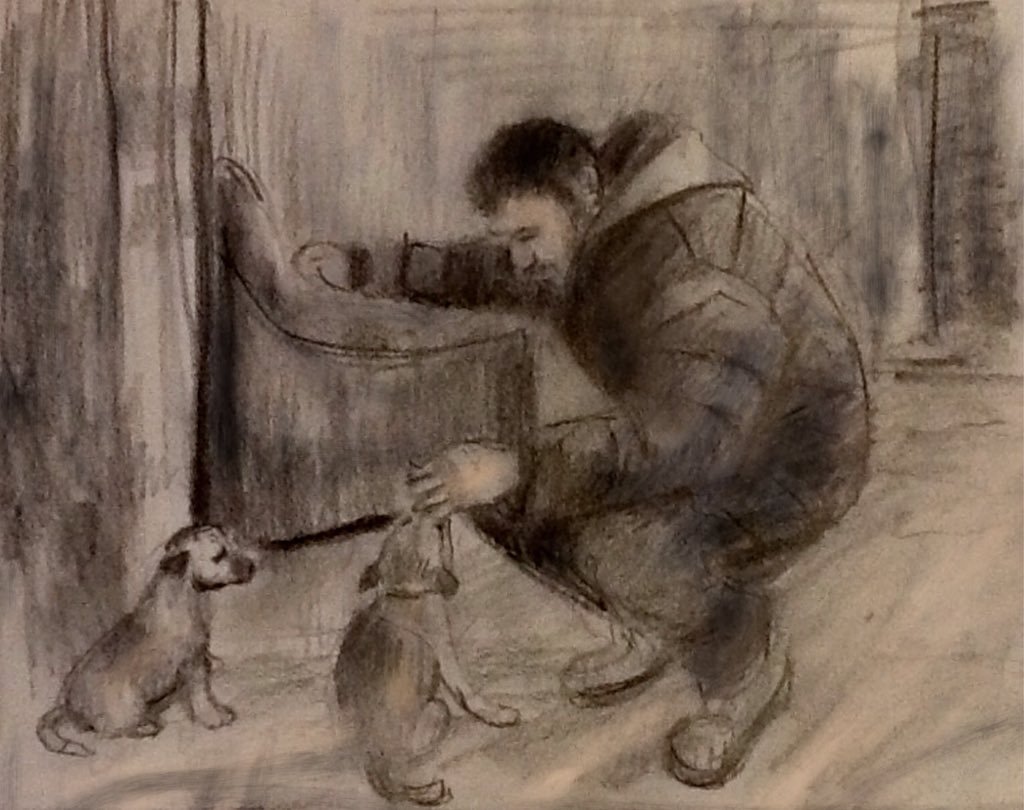
Cat man of #Aleppo new friends in #Idlib. Love wins, kindness wins, tenderness wins #StandWithAleppo: image via Marc Nelson @Marcnelsonart, 22 December 2016
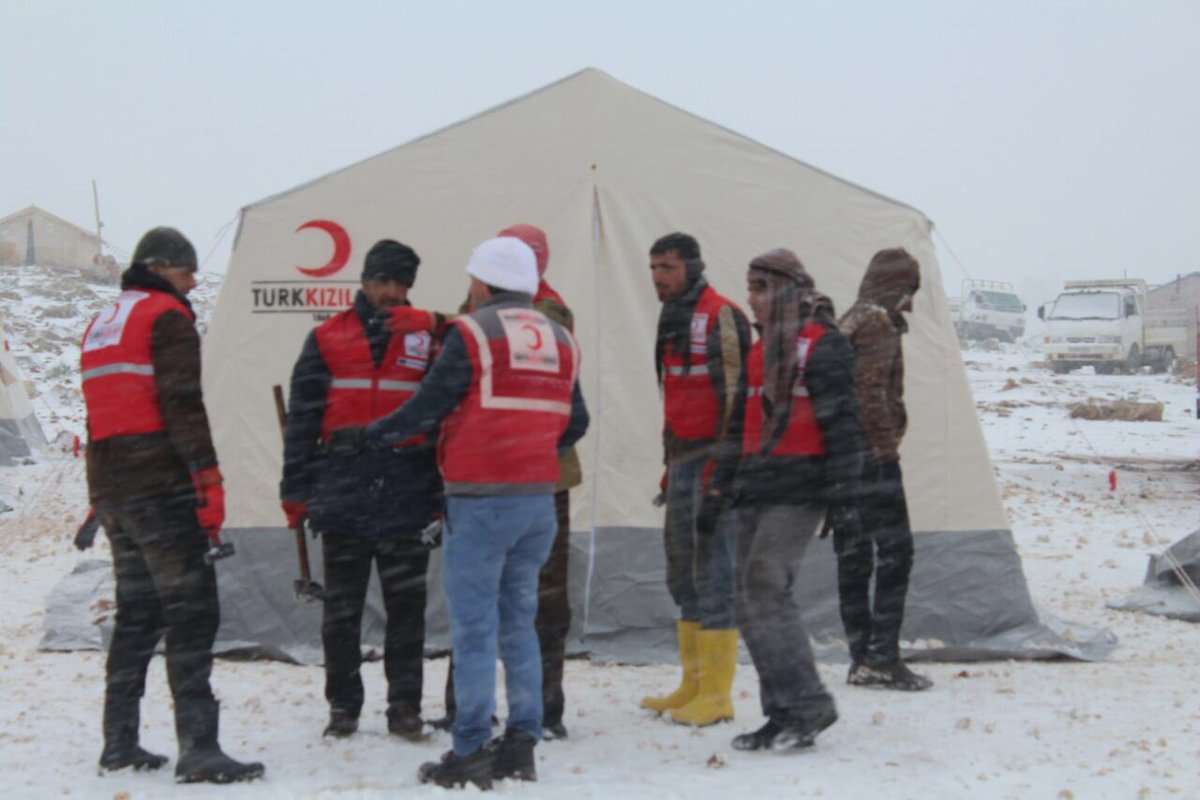
@RedCrescentTR team setting up tents for the #Aleppo evacuees in #Idlib Province although the weather is heavily cold and snowy: image via Dr Kerem KINK @drkerem, 21 December 2016
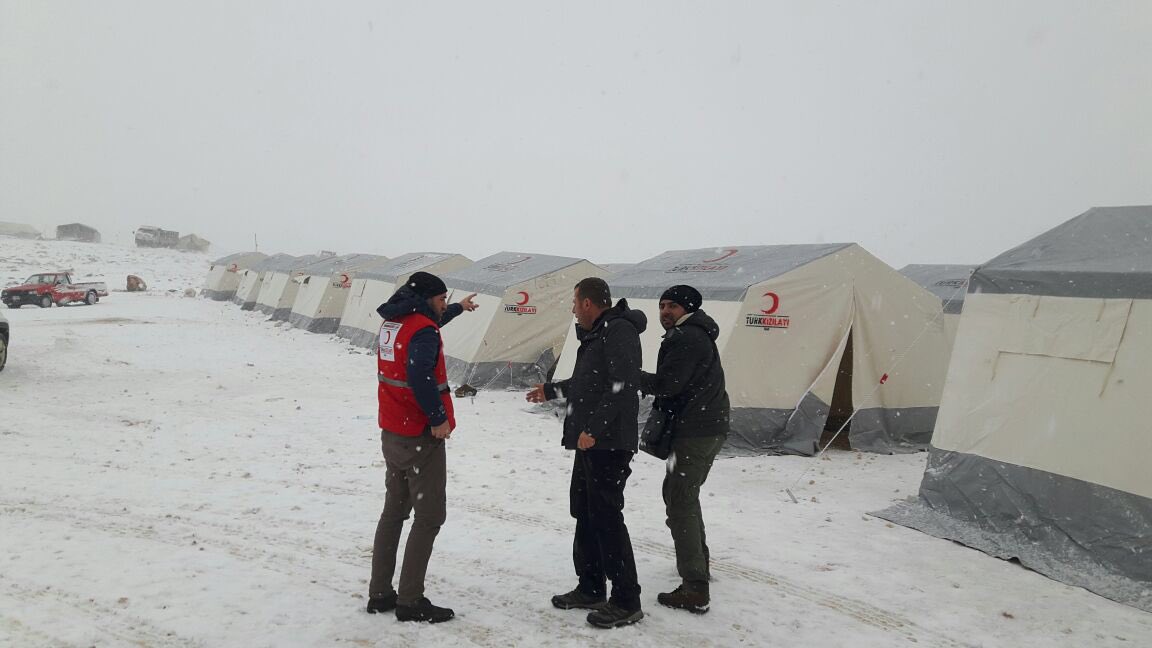
@RedCrescentTR team setting up tents for the #Aleppo evacuees in #Idlib Province although the weather is heavily cold and snowy: image via Dr Kerem KINK @drkerem, 21 December 2016
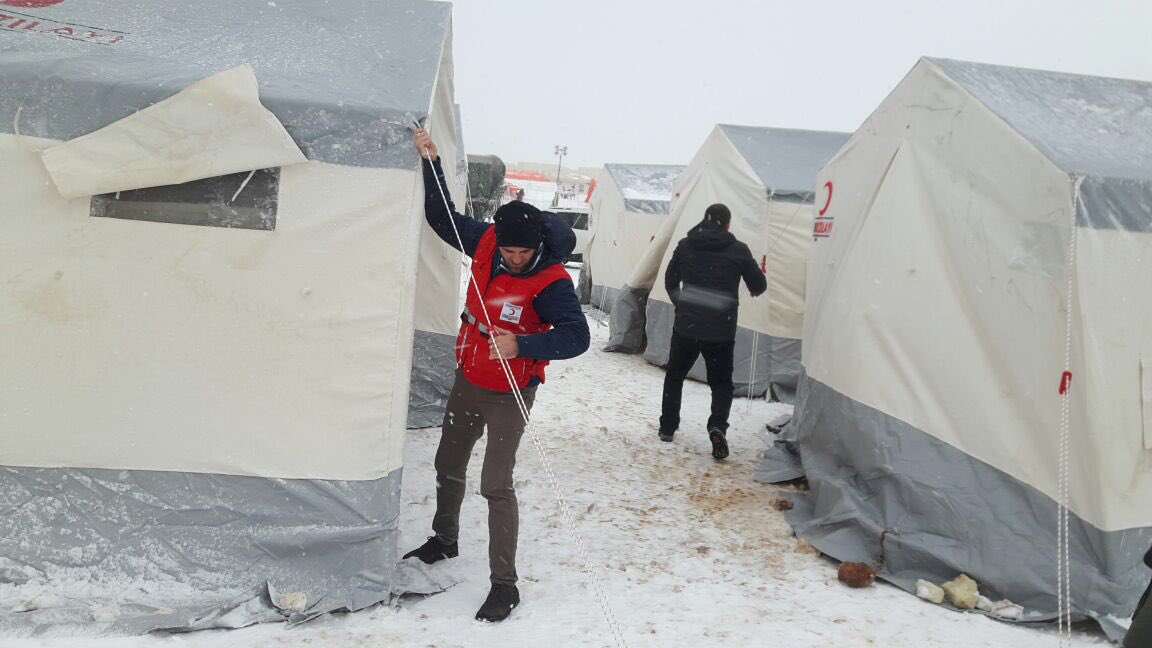
@RedCrescentTR team setting up tents for the #Aleppo evacuees in #Idlib Province although the weather is heavily cold and snowy: image via Dr Kerem KINK @drkerem, 21 December 2016
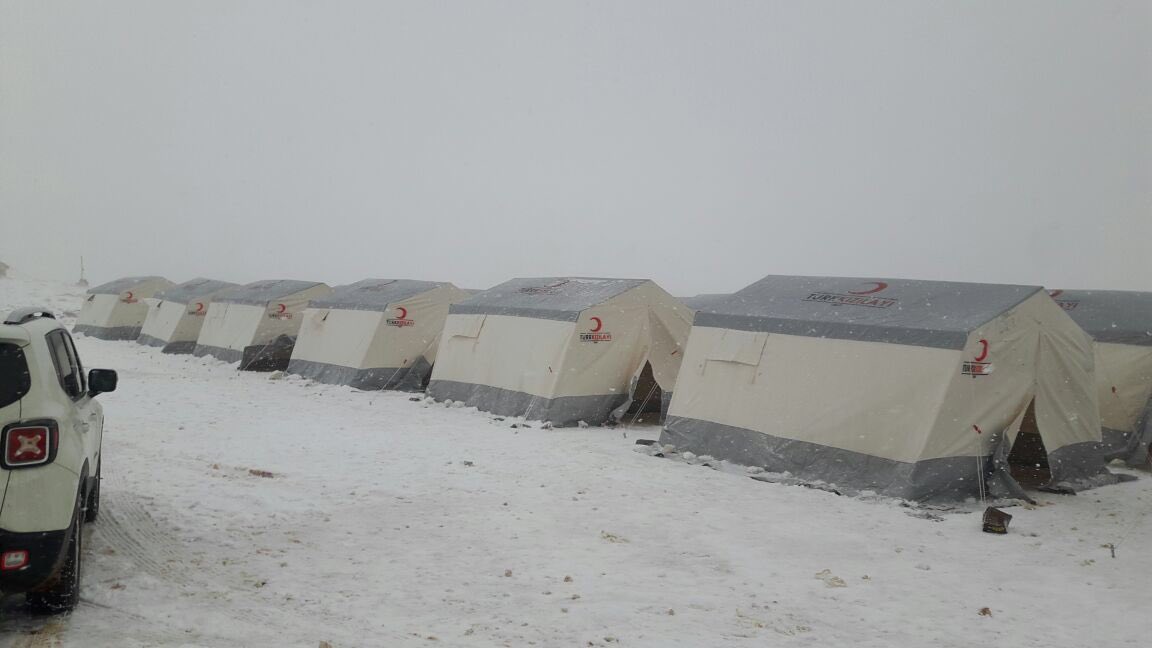
@RedCrescentTR team setting up tents for the #Aleppo evacuees in #Idlib Province although the weather is heavily cold and snowy: image via Dr Kerem KINK @drkerem, 21 December 2016

#Putin today in the funeral of the #Russian ambassador who was killed in #Turkey, My hope is in the man who stands next to Putin ️ Some day he'll do it: image via Ahmad Alkhatib @Ahmad Alkhtiib, 22 December 2016
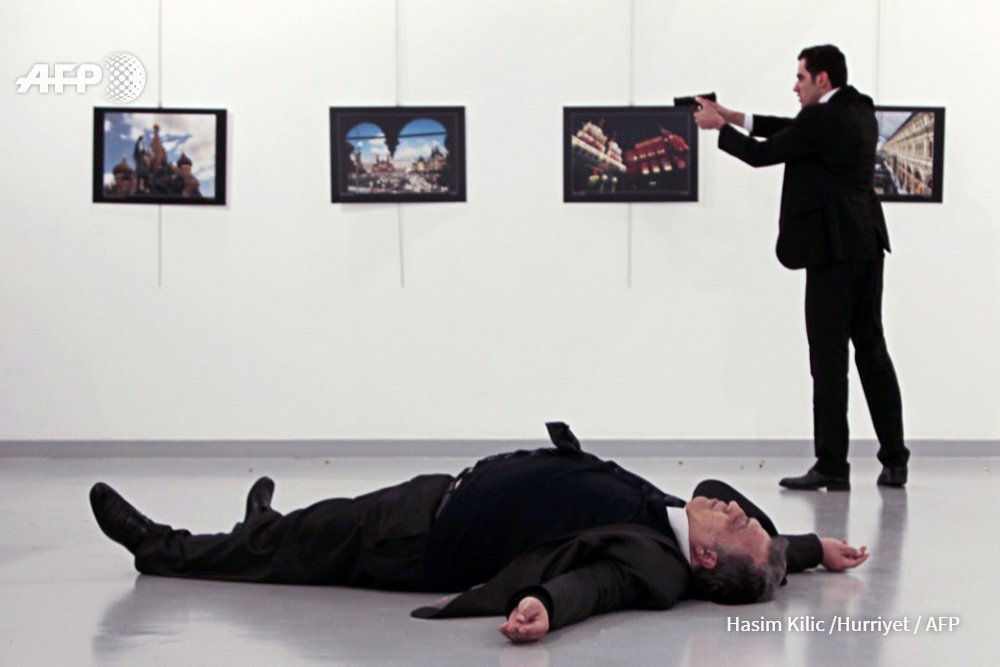
AFP Picture of the week (17-24 Dec) [Ph Hasim Kilic/Hurriyet/AFP]: image via AFP Photo Department @AFPphoto, 23 December 2016

#Putin today in the funeral of the #Russian ambassador who was killed in #Turkey, My hope is in the man who stands next to Putin ️ Some day he'll do it: image via Ahmad Alkhatib @Ahmad Alkhtiib, 22 December 2016
Karam Al-Masri: «Je ne reverrai plus jamais la tombe de ma mère à Alep» par Sami Boukhelifa, RFI,
Il s’appelle Karam Al-Masri,
il est Syrien, il a 25 ans. Son nom ne vous évoque pas grand-chose, mais
vous avez certainement déjà vu l’une de ses photos. Depuis 2013, ce
jeune Syrien couvre la guerre à Alep pour l’Agence France-Presse. Ses
photos ont fait la Une des médias du monde entier. Mais avant cela, sa
vie n’a été qu’une succession de malheurs avec notamment la mort de ses
parents, tués par le régime de Bachar el-Assad. Karam Al-Masri a
également été emprisonné par le groupe Etat islamique. Il y a quelques
semaines, il signait ce témoignage émouvant dans lequel il racontait son
histoire. Son titre : « Couvrir Alep, la peur au ventre et le ventre vide
». Karam a quitté son Alep natal et se trouve désormais dans un petit
village non loin d’Idlib. Il livre en exclusivité un témoignage poignant
à RFI.
RFI: Karam Al-Masri,
lorsqu’on passe tous ses jours durant cinq années à photographier la
guerre, qu’est-ce qu’on voit à travers l’objectif ?
Karam Al-Masri : Ce que j’ai pris en photo, c’est
une tragédie indescriptible. La misère et la souffrance. Durant les
derniers jours lors de l’évacuation des civils d’Alep, cette souffrance a
toujours été présente. Une population entière de sans-abri, ils étaient
là jetés dans la rue... Lorsque l’armée a pris le contrôle de leurs
quartiers, il ne leur restait nulle part où aller. Ils ont dormi dans
des boutiques sans chauffage, sans couverture... ils n’avaient rien. Il y
avait des femmes, des enfants et des personnes âgées. Et donc ce sont
toutes ces images de violence que je voyais à travers mon appareil
photo.
Certaines de vos photos ont fait le tour du monde et les Unes
de plusieurs journaux partout à travers la planète et même ici en
France. Vous pensez qu’elles ont un impact?
C’est vrai, j’ai pris des photos poignantes à Alep, mais les photos
les plus fortes de ces quatre ou cinq dernières années ont été prises
durant les derniers mois.
Ces photos ont été diffusées partout dans la presse. Parfois, elles créaient des réactions en chaîne extraordinaire, tout le monde en parlait... mais les Etats n’ont pas bougé. Ils n’ont pas été touchés par la souffrance des habitants d’Alep. En fait, ce qu’on avait au final, c’est ce que j’appelle la compassion des « Like ». Les gens passent leur temps à mettre des « j’aime » sur Facebook et Twitter. Voilà, c’est comme ça que les gens ont compati avec la misère des Syriens, mais aucun pays n’a bougé.
Ces photos ont été diffusées partout dans la presse. Parfois, elles créaient des réactions en chaîne extraordinaire, tout le monde en parlait... mais les Etats n’ont pas bougé. Ils n’ont pas été touchés par la souffrance des habitants d’Alep. En fait, ce qu’on avait au final, c’est ce que j’appelle la compassion des « Like ». Les gens passent leur temps à mettre des « j’aime » sur Facebook et Twitter. Voilà, c’est comme ça que les gens ont compati avec la misère des Syriens, mais aucun pays n’a bougé.
Vous en voulez aux gens ? Vous nous en voulez à nous tous, qui sommes restés spectateurs du conflit?
Non. Les populations partout dans le monde ont fait de leur mieux. Ce
sont les Etats qui sont restés immobiles. Les peuples du monde entier
ont fait part de leur soutien. Des gens de différents pays m’ont appelé.
Ils m’ont demandé comment ils pouvaient nous venir en aide. Je sais
qu’ils ne peuvent pas faire davantage de toute façon. Je remercie tous
ceux à travers la planète qui se sont tenus à nos côtés. Mais encore une
fois, ce sont les Etats qui restent immobiles. Ils ferment les yeux sur
la réalité.
Les images que vous nous avez montrées de cette guerre sont
terribles : la mort, les bombes, les nourrissons sous les décombres...
Ce métier, vous avouez l’aimer. Et pourtant, c’est une souffrance
quotidienne.
Quand je suis devenu photoreporter et que j’ai commencé à voir cette
souffrance, ces carnages et ces blessés de mes propres yeux, j’en
devenais malade. La première fois que j’ai vu un jeune homme, avec sa
jambe arrachée après une frappe aérienne, je me suis évanoui. Je n’ai
réussi à prendre aucune photo ce jour-là. Je me suis écroulé sur le
sol. Petit à petit, j’ai fini par trouver une solution. En fait, j’évite
d’affronter la souffrance qui m’entoure, j’évite de regarder les
blessés de mes propres yeux. Je regarde le monde qui m’entoure à travers
mon appareil photo. Cela m’aide beaucoup. Mon appareil photo est comme
un mur que je bâtis à chaque fois entre moi et la tragédie d’Alep. Je
suis incapable de regarder directement des enfants blessés ou des
cadavres. Mon œil est toujours fixé sur mon appareil photo. C’est ma
manière à moi de me protéger.
Vous venez de quitter à Alep il y a quatre jours, vous le vivez comme une délivrance ou un déchirement?
Au début, l’idée de quitter Alep était pour moi comme une sortie de
prison. Je me disais : « Ca va être la fin de toute cette torture ».
Mais une fois dehors, une fois parti d’Alep et arrivé dans la campagne à
l’ouest près d’Idlib, j’ai ressenti de la douleur. Moi, je suis
originaire d’Alep, je suis né à Alep, mais je ne suis pas le seul fils
d’Alep à avoir été contraint à l’exil. Vous ne pouvez même pas imaginer
tous les souvenirs que j’ai dans cette ville, tout ce que j’ai laissé
derrière moi dans ma maison, dans mon quartier.
Aujourd’hui je souffre, j’ai mal, mon âme est restée à Alep. Ici, je me sens étranger, c’est comme si j’avais quitté la Syrie.
Aujourd’hui je souffre, j’ai mal, mon âme est restée à Alep. Ici, je me sens étranger, c’est comme si j’avais quitté la Syrie.
Et pourtant à Alep, les bombardements et les quatre mois de siège ont été insoutenables...
Oui, mais en ce moment, c’est comme si mon corps était sorti d’Alep
et mon âme y était restée. C’est vrai, je ne subis plus le siège et la
famine. En quittant Alep, je me suis dit : « Je vais pouvoir manger à ma
faim. Il y aura tellement de nourriture que je ne saurais pas quoi
choisir. Moi qui ai connu la famine, je vais rattraper tout le retard. »
Mais en arrivant ici dans le village de Attarab, j’ai eu un coup de
déprime. Je ne mange rien. Rien ne me fait envie. Je n’arrive pas à
oublier mon quartier, la maison où j’ai vu le jour et où j’ai grandi...
tous ces souvenirs que j’ai laissés à Alep. J’espère qu’un jour je
pourrais revenir, mais je sais que ce souhait a peu de chance de se
réaliser. Je prie pour qu’un jour je puisse revenir.
Sur les réseaux sociaux, un message s’affiche sur votre profil. Vous écrivez : « Si seulement j’avais pu mourir avant tout cela et être oublié ». Vous auriez vraiment souhaité disparaître avant cette guerre?
En fait, j’ai écrit ça parce que jamais je n’aurais imaginé qu’un
jour je connaîtrais l’exode, que je serais chassé de ma ville, et que je
deviendrais un étranger banni de ma propre maison. Je ne peux plus
revenir à Alep pour me recueillir sur la tombe de ma mère, qui a été
tuée dans un bombardement. Donc, je suis condamné à laisser tout ça
derrière moi sans la possibilité de revenir un jour. Si je pose un pied à
Alep, je me fais tout de suite arrêter par le régime. Je suis
photographe, j’ai montré au monde entier les crimes du régime. Mais le
régime ne comprendra pas que je n’ai fait que mon métier de journaliste.
Aussi longtemps que le régime reste en place, aussi longtemps qu’Alep
sera contrôlée par des milices, je n’ai aucun moyen de retrouver ma
ville. Je l'ai perdue. Et voilà pourquoi j’ai écrit cette phrase : « Si seulement j’avais pu mourir moi aussi dans le bombardement qui a tué ma famille ». C’est toujours mieux que d’être condamné à l’exode, à la souffrance à la tristesse quotidienne.

An older man was evacuated from a rebel-held neighborhood of Aleppo, Syria, on Thursday: photo by Karam Al-Masri/Agence France-Presse, 15 December 2016

An older man was evacuated from a rebel-held neighborhood of Aleppo, Syria, on Thursday: photo by Karam Al-Masri/Agence France-Presse, 15 December 2016

A bus carried families out of Aleppo on Thursday. The evacuation deal
was reached between Russia, which backs the Syrian government, and
Turkey, which supports the opposition: photo by Karam Al-Masri/Agence France-Presse, 15 December 2016


A bus carried families out of Aleppo on Thursday. The evacuation deal
was reached between Russia, which backs the Syrian government, and
Turkey, which supports the opposition: photo by Karam Al-Masri/Agence France-Presse, 15 December 2016
Things will be different after Jan. 20th.
Things will be different after Jan. 20th.
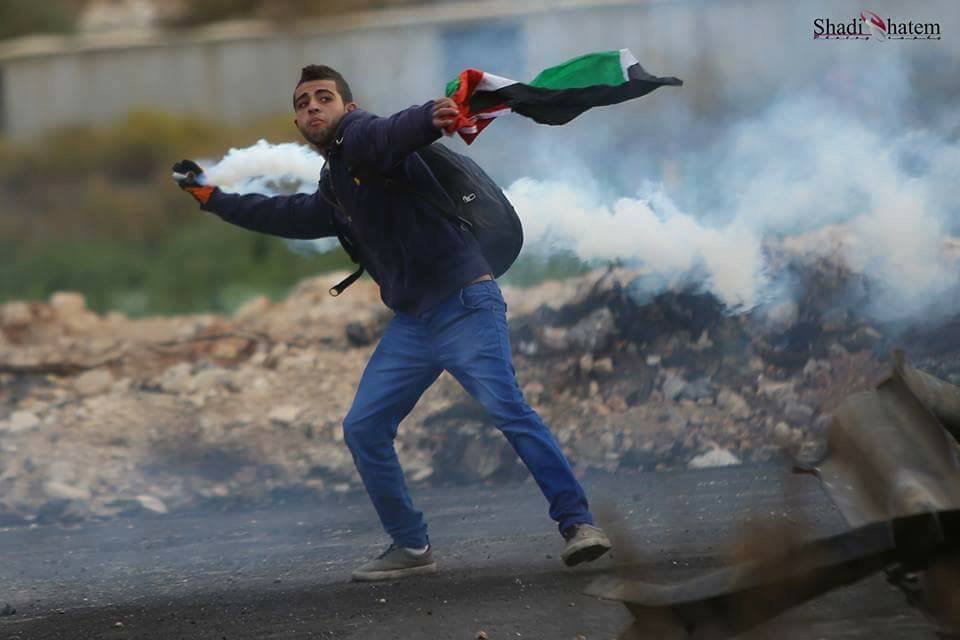
Ahmed al-Kharoubi was known for his bravery. He loved his land #Palestine and fought for it. #RIP Ahmed, killed by Israel last night: image via Muhammad Smiry @MuhammadSmiry, 22 December 2016
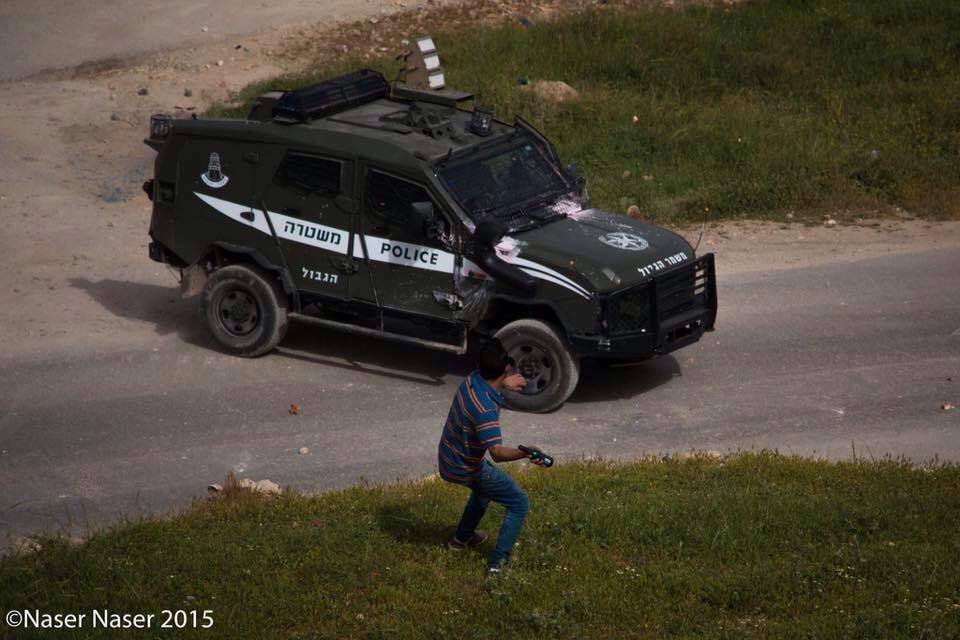
Ahmed al-Kharoubi was known for his bravery. He loved his land #Palestine and fought for it. #RIP Ahmed, killed by Israel last night: image via Muhammad Smiry @MuhammadSmiry, 22 December 2016
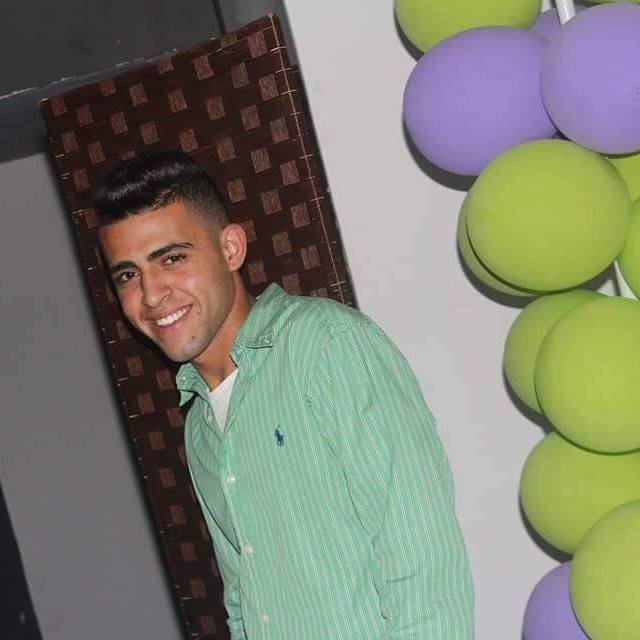
Ahmed al-Kharoubi was known for his bravery. He loved his land #Palestine and fought for it. #RIP Ahmed, killed by Israel last night: image via Muhammad Smiry @MuhammadSmiry, 22 December 2016

Great to be in Alabama to pray for #PEOTUS @realDonaldTrump @Mike_Pence, and the future of our nation today. Prayer makes a difference.: image via Franklin Graham Verified account @Franklin_Graham, 17 December 2016
As to the U.N., things will be different after Jan. 20th.: tweet via Donald J. Trump @ realDonaldTrump, 23 December 2016
Jamila Retweeted Donald J. Trump
Epic presidential tweet of #PEOTUS in response to the UN resolution on Israel: tweet via Jamila @JKFagge, 23 December 2016
US abstention allows UN to demand end to Israeli settlements: Donald Trump and Israel had urged Washington to use its veto to stop historic security council resolution: Peter Beaumont in Jerusalem for The Guardian,
The United Nations security council has adopted a landmark resolution demanding a halt to
all Israeli settlement in the occupied territories after Barack Obama’s
administration refused to veto the resolution.
A White House official said Obama had taken the decision to abstain in the absence of any meaningful peace process.
The resolution passed by a 14-0 vote on Friday night. Loud
applause was heard in the packed chamber when the US ambassador,
Samantha Power, abstained.
All remaining members of the security council, including the
UK, voted in support. Egypt, which had drafted the resolution and had
been briefly persuaded by Israel to postpone the vote, also backed the move.
Friday’s vote was scheduled at the request of four countries
– New Zealand, Malaysia, Senegal and Venezuela – who stepped in to push
for action a day after Egypt put the draft resolution on hold.
Israel recalled its ambassadors to New Zealand and Senegal in protest on Saturday.
Palestinian president Mahmoud Abbas’s office said the vote
was “a big blow” to Israeli policy and a show of “strong support for the
two-state solution”.
The resolution says Israel’s settlements on Palestinian
territory occupied since 1967, including East Jerusalem, have “no legal
validity” and demands a halt to “all Israeli settlement activities,”
saying this “is essential for salvaging the two-state solution”.
The resolution reiterated that Israeli settlement was a “flagrant violation” of international law.
The United States vetoed a similar resolution in 2011, which
was the sole veto cast by the Obama administration at the security
council.
The
abstention decision underlined the tension between Obama and the
Israeli prime minister, Benjamin Netanyahu, who had made furious efforts
to prevent such a move.
A resolution requires nine votes in favour and no vetoes by
the United States, France, Russia, Britain or China in order to be
adopted. Among those who welcomed the resolution was UN secretary
general Ban Ki-moon.
“The secretary general takes this opportunity to encourage
Israeli and Palestinian leaders to work with the international community
to create a conducive environment for a return to meaningful
negotiations,” said his spokesman, Stephane Dujarric.
Explaining the US abstention, Power said the Israeli
settlement “seriously undermines Israel’s security”, adding : “The
United States has been sending a message that the settlements must stop
privately and publicly for nearly five decades.”
Power said the US did not veto the resolution because the
Obama administration believed it reflected the state of affairs
regarding settlement and remained consistent with US policy.
“One cannot simultaneously champion expanding Israeli
settlements and champion a viable two-state solution that would end the
conflict. One had to make a choice between settlements and separation,”
Power said.
The US decision to abstain was immediately condemned by
Netanyahu’s office as “shameful” which pointedly referred to Israel’s
expectation of working more closely with Donald Trump.
“Israel rejects this shameful anti-Israel resolution at the
UN and will not abide by its terms,” a statement from Netanyahu’s office
said. “The Obama administration not only failed to protect Israel
against this gang-up at the UN, it colluded with it behind the scenes,.
“Israel
looks forward to working with president-elect Trump and with all our
friends in Congress, Republicans and Democrats alike, to negate the
harmful effects of this absurd resolution.”
The Israeli ambassador to the UN, Danny Danon, bluntly told
the council that the resolution would not have the hoped-for impact of
spurring peace efforts.
“By voting yes in favour of this resolution, you have in
fact voted no. You voted no to negotiation, you voted no to progress and
a chance for better lives for Israelis and Palestinians, and you voted
no to the possibility of peace,” Danon told the council.
The vote will, however, be seen as a major defeat for
Netanyahu, who has long had a difficult relationship with the Obama
administration.
Netanyahu had tried to prevent the vote by appealing to
Trump, who will not be sworn in until late January, and to the Egyptian
president, Abdel Fatal al-Sisi.
While the resolution is largely symbolic, it will be seen as
empowering an increasingly tough UN over Israel and will give pause to
international companies who have interests in the occupied territories.
Originally
drafted by Egypt, the original version of the resolution had been
supposed to go to a vote on Thursday night, but was withdrawn by Sisi
under pressure orchestrated by Israel.
Following the vote Trump, tweeted: “As to the UN, things will be different after Jan 20.”
Commenting on Trump’s attempted intervention, a White House
official insisted that until Trump’s inauguration on 20 January there
was one US president - Obama.
Pro-Israel senators and lobby groups also weighed in following the vote. The American Israel Public Affairs Committee (AIPAC), one of the most influential lobby groups, said it was “deeply disturbed by the failure of the Obama administration to exercise its veto to prevent a destructive, one-sided, anti-Israel resolution from being enacted by the United Nations security council”.
It
also pointedly thanked Trump for his attempts to intervene: “AIPAC
expresses its appreciation to president-elect Trump and the many
Democratic and Republican members of Congress who urged a veto of this
resolution.”
The United Nations maintains that settlements are illegal,
but UN officials have reported a surge in construction over the past
months.
About 430,000 Israeli settlers live in the West Bank and a
further 200,000 Israelis live in east Jerusalem, which Palestinians see
as the capital of their future state.
The resolution demands that “Israel immediately and
completely cease all settlement activities in the occupied Palestinian
territory, including East Jerusalem”.
It states that Israeli settlements have “no legal validity”
and are “dangerously imperiling the viability of the two-state
solution”.

From Bethlehem to the world "Jesus came with a message of peace now his city suffers oppression" #Christmas #Palestine: image via @PalestinePics, 22 December 2016

From Bethlehem to the world "Jesus came with a message of peace now his city suffers oppression" #Christmas #Palestine: image via @PalestinePics, 22 December 2016

From Bethlehem to the world "Jesus came with a message of peace now his city suffers oppression" #Christmas #Palestine: image via @PalestinePics, 22 December 2016
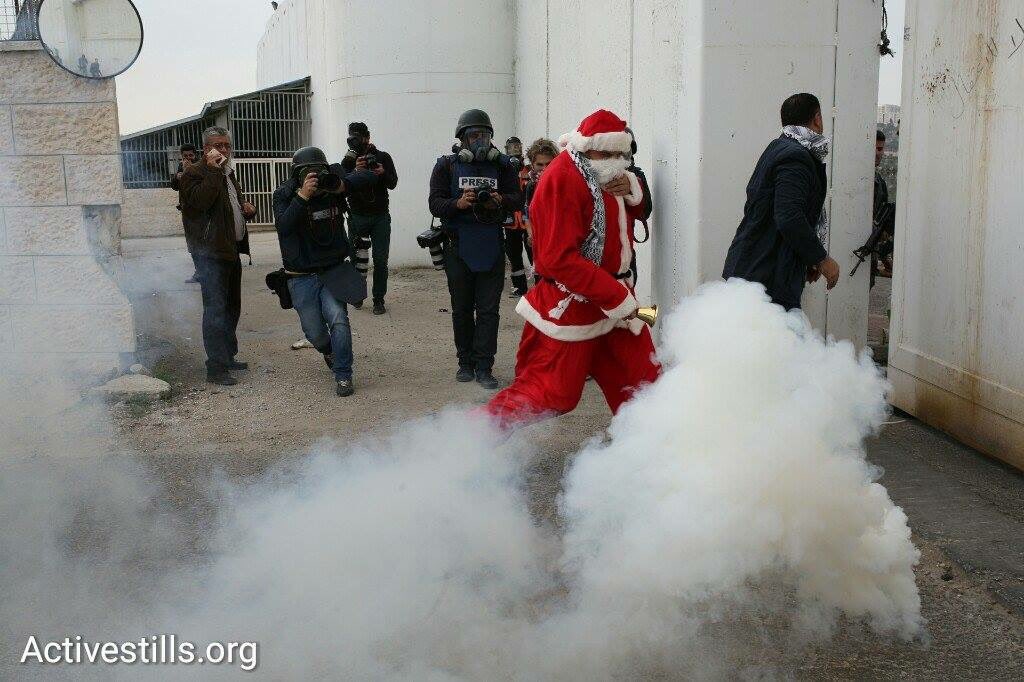
Now: Santa in a cloud of Israeli fired tear gas at the Bethlehem Wall. Merry #Christmas and a Happy New Year from #Palestine: image via Yousef Mema @JooGaza, 22 December 2016
Hilton Obenzinger: Waiting for Trump
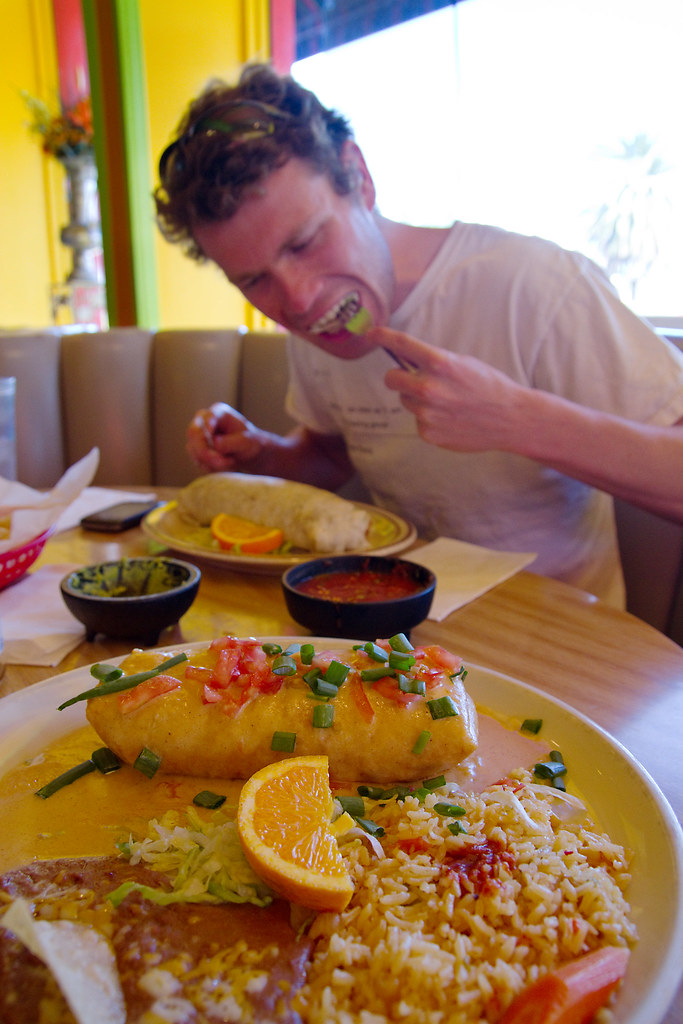
Burritos
to finish the trip. Los Mariachis Mexican Diner in Red Bluff, CA, right
where 5 and 36 meet. Soooo worth the 1.5 hour drive from Shasta City.: photo by Treehugger Gimp, 18 June 2012
Hilton Obenzinger: Waiting for Trump
December 2016
I sit in one of the greasy truck stops on Interstate 5, near Red Bluff, dizzy and scared.
Decades of hope seem suddenly to turn to bullshit.
Dread and rage swirl around the country, but the lunch counter is quiet with snoozing baseball caps tipping into coffee cups.
Fox is on the TV, yet no one needs to watch the news.
They already know the news.
Something bubbles in the kitchen, like death.
Soon we will have to eat those French fries.
Decades of hope seem suddenly to turn to bullshit.
Dread and rage swirl around the country, but the lunch counter is quiet with snoozing baseball caps tipping into coffee cups.
Fox is on the TV, yet no one needs to watch the news.
They already know the news.
Something bubbles in the kitchen, like death.
Soon we will have to eat those French fries.
On the frozen plains, in howling snow, Indians come to stop the Black Snake.
They stand to block the way, whether the Iron Horse or the Black Snake, waiting as the new president takes his seat.
We all wait.
Perhaps the ghosts will return and not the cavalry.
They stand to block the way, whether the Iron Horse or the Black Snake, waiting as the new president takes his seat.
We all wait.
Perhaps the ghosts will return and not the cavalry.
Tonight the deeper darkness comes, darker than before.
Spies denounce the spying of other spies.
The Kremlin carries the paralyzing kryptonite, as hulking cyber armies gather in the night.
Menacing men rip scarves from the heads of women.
Kids scrawl ugly slogans on school walls.
Burning crosses dance in the eyes of White Nationalists like the sugarplum fairies of the shopping season.
And we wait.
Spies denounce the spying of other spies.
The Kremlin carries the paralyzing kryptonite, as hulking cyber armies gather in the night.
Menacing men rip scarves from the heads of women.
Kids scrawl ugly slogans on school walls.
Burning crosses dance in the eyes of White Nationalists like the sugarplum fairies of the shopping season.
And we wait.
Cops who are honest worry what they may be called to do.
And those who are not touch their holsters, assured that they may impose order and nature’s law at will, and they wait to pursue someone’s happiness because they fear for their lives.
Farm workers, hunching over the entire Sacramento Valley, tear plants up by the roots, and fear for their lives.
Violence has found its season.
And those who are not touch their holsters, assured that they may impose order and nature’s law at will, and they wait to pursue someone’s happiness because they fear for their lives.
Farm workers, hunching over the entire Sacramento Valley, tear plants up by the roots, and fear for their lives.
Violence has found its season.
Tired
truckers stretch out in the rear of their cabs, about a dozen rigs
lined up in the dark along the shoulder of the freeway, and they get
some shuteye.
I rearrange the eggs and bacon on my plate and wonder what those men think.
Perhaps they believe that everything will be great again when they open their eyes and find themselves back on the road.
They were given a promise.
Perhaps they will really pay off all their credit cards because they work hard and they’re white.
I rearrange the eggs and bacon on my plate and wonder what those men think.
Perhaps they believe that everything will be great again when they open their eyes and find themselves back on the road.
They were given a promise.
Perhaps they will really pay off all their credit cards because they work hard and they’re white.
We
wait for robot drivers to fly up and down the Central Valley, picking
up apricots and dropping off tractor parts, with no need to shit at the
truck stops, no need to sip the chicken noodle soup.
And the day the robots begin to drive, the dreaming truckers will sleep in the back seat of their old Chevrolets, their steering wheels taken from their hands, waiting for the promise.
And the day the robots begin to drive, the dreaming truckers will sleep in the back seat of their old Chevrolets, their steering wheels taken from their hands, waiting for the promise.
We wait for everything and for nothing.
There is no singularity, no instant wide horizons, no ironic lights, but a grim stupor, as the tycoon casts a long shadow from his golden tower, lumbers to the White House to take possession of one more property, while delirious settlers really do slouch towards Bethlehem.
There is no singularity, no instant wide horizons, no ironic lights, but a grim stupor, as the tycoon casts a long shadow from his golden tower, lumbers to the White House to take possession of one more property, while delirious settlers really do slouch towards Bethlehem.
The Great Man holds court.
His loyal children seek his hand, the great and the rich, the powerful and the ridiculous float up the elevator shaft to meet the wizard king. Generals, CEOS, moral monsters, angry souls, fools of exceptional quality, celebrities, they all rise up to the tower, taken to the penthouse to bend before the greater fool.
His loyal children seek his hand, the great and the rich, the powerful and the ridiculous float up the elevator shaft to meet the wizard king. Generals, CEOS, moral monsters, angry souls, fools of exceptional quality, celebrities, they all rise up to the tower, taken to the penthouse to bend before the greater fool.
We wait.
There is a pervasive sense of dread before the beast takes the oath, before the Republic becomes a wholly owned subsidiary.
Ordinary life goes on, and we wonder.
There is a pervasive sense of dread before the beast takes the oath, before the Republic becomes a wholly owned subsidiary.
Ordinary life goes on, and we wonder.
We must love one another and die.
Our danger is great, and we must love one another or die.
Is it love and die?
Or is it love or die?
Do we have a choice?
Our danger is great, and we must love one another or die.
Is it love and die?
Or is it love or die?
Do we have a choice?
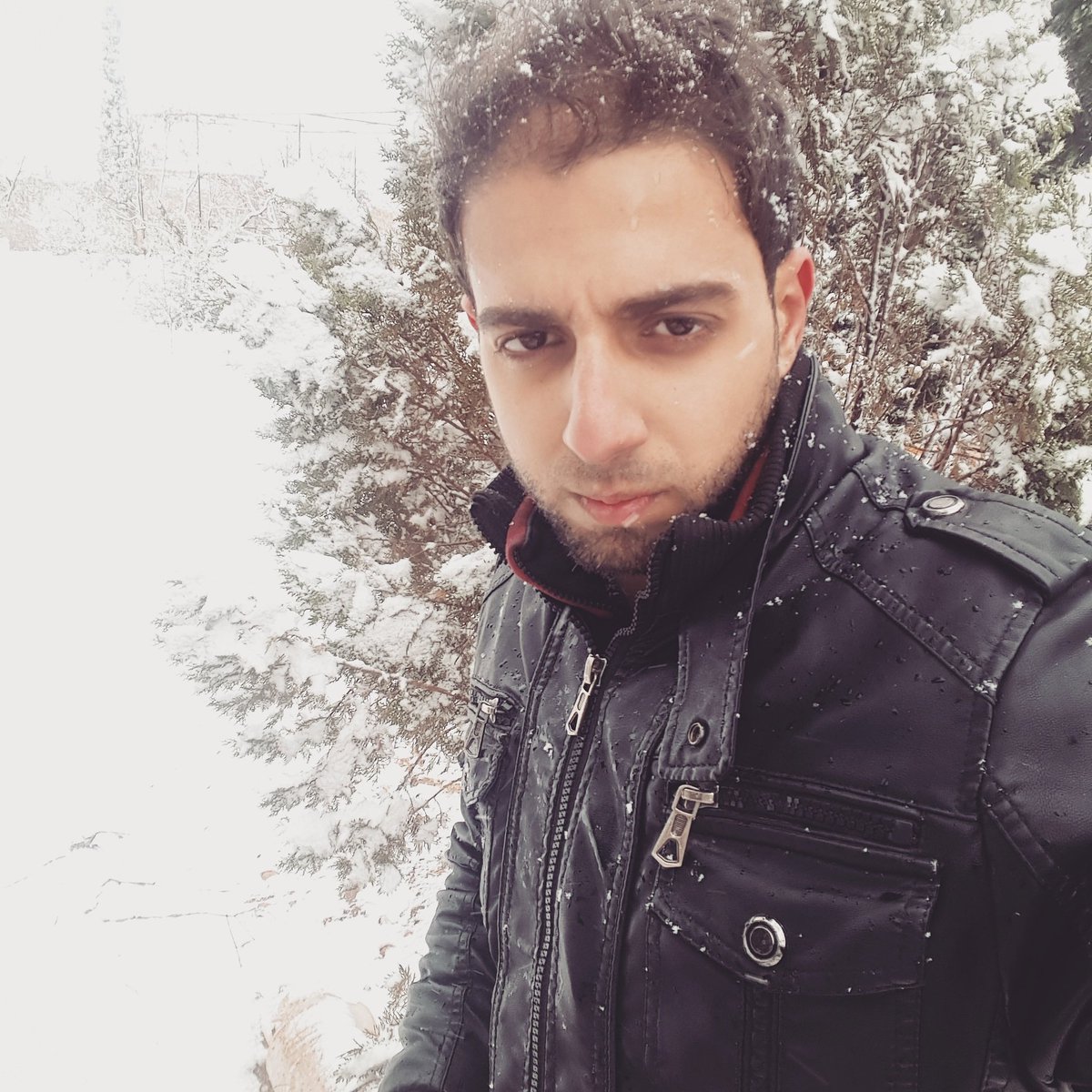
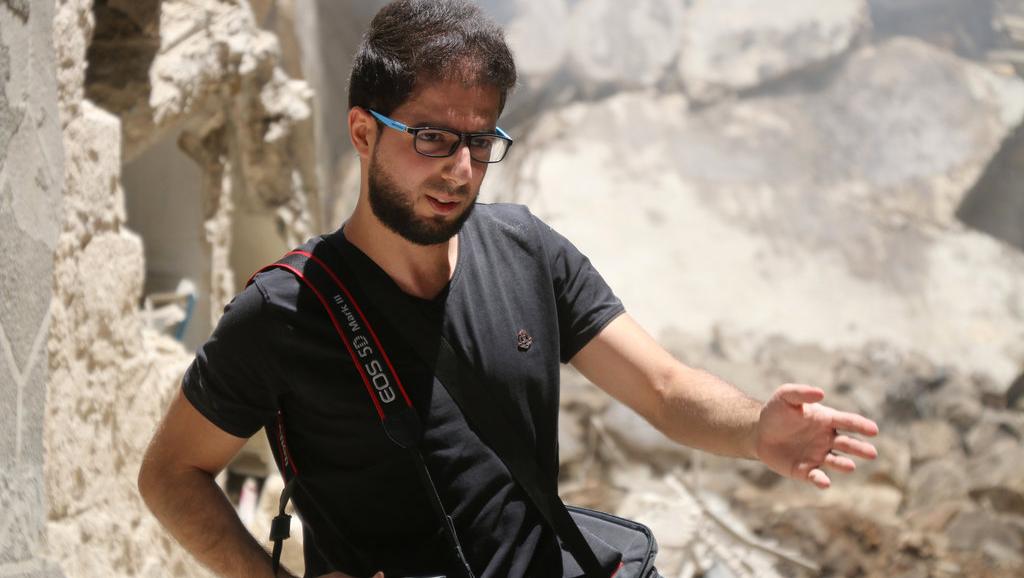
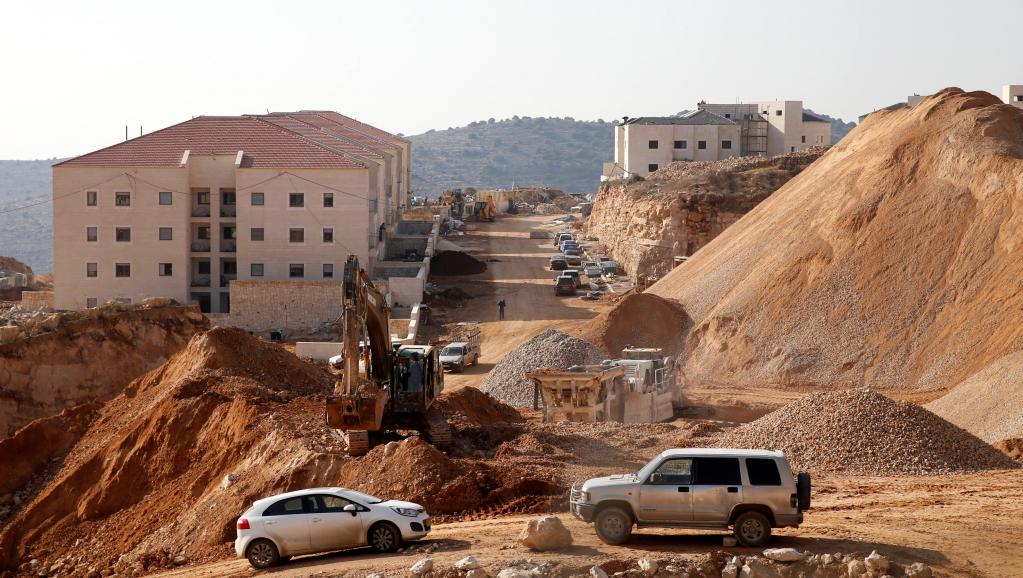
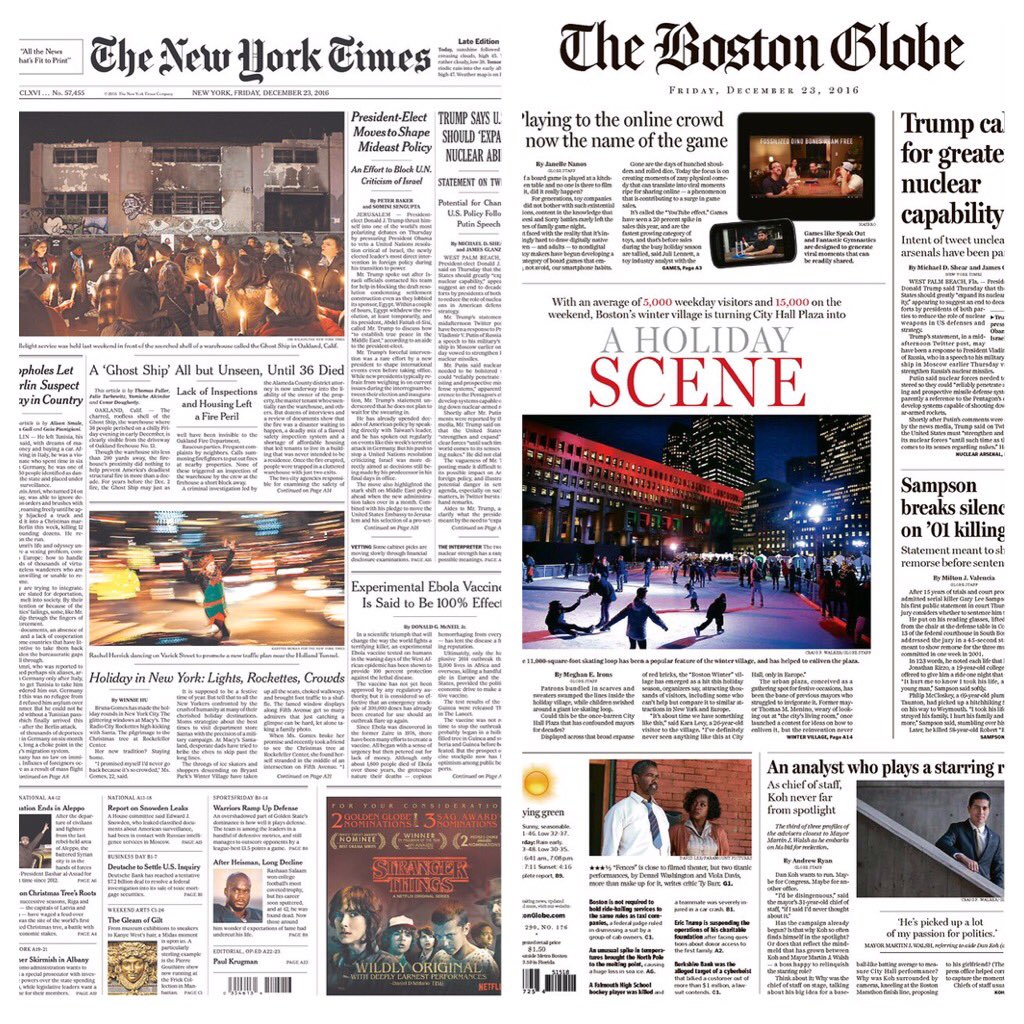
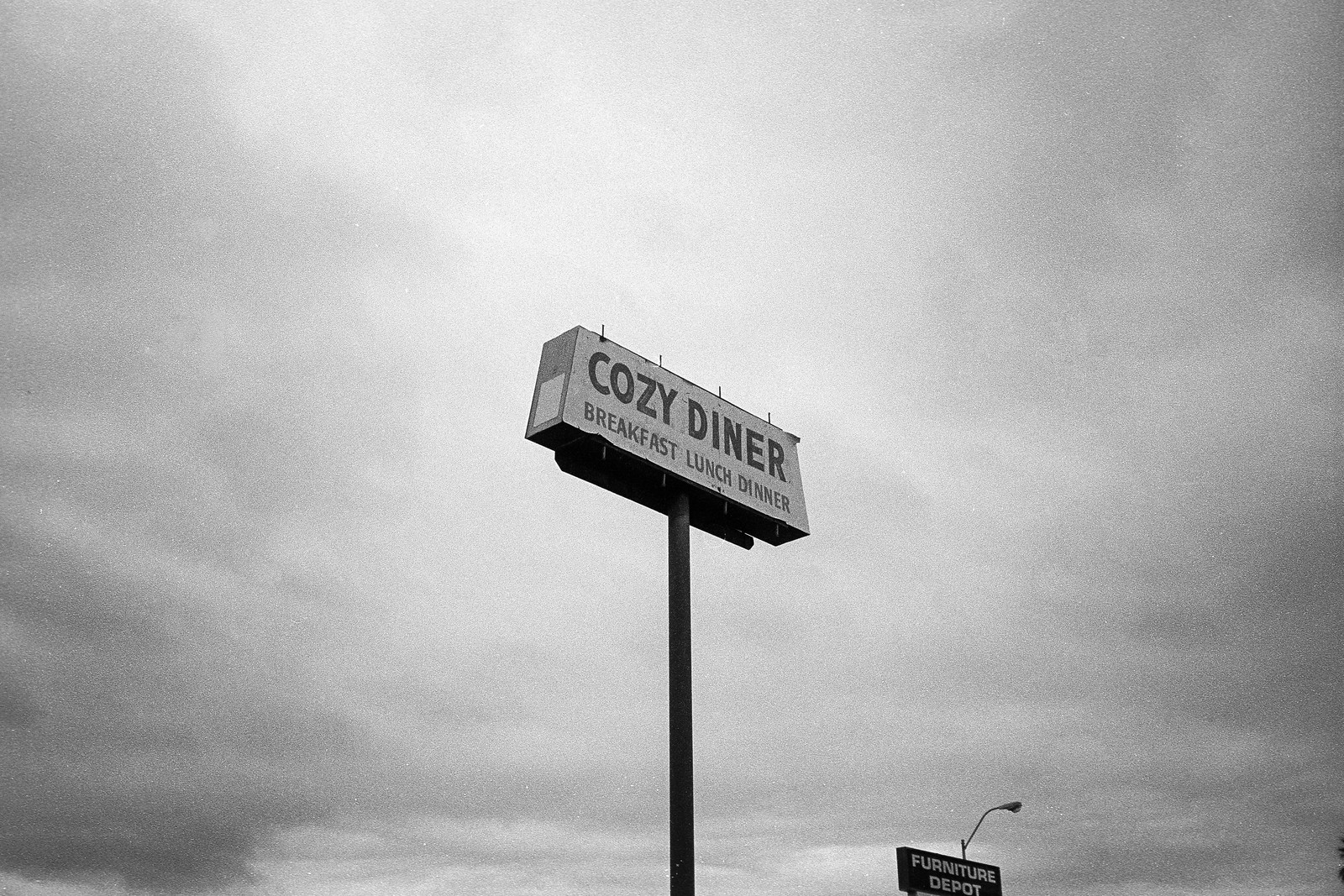



6 comments:
Tom,
Thank you for holding up the light throughout this horrible year of violence.
May peace be with you and yours, and especially to all those displaced throughout the Middle East and seeking safe harbor.
I can't find strong enough words to thank you for your work. We have come to very bad place as you have shown us. Thank you again.
Thanks very much, Maureen and Marilyn. Yes, it's been a pretty long year. Not easy, really, to hold things together, even to think. But there remains sentience, we must have that else how did we get here. When the capacity to feel, perceive, or experience subjectively goes -- when that goes -- we'll really be in trouble... and it's a day to day, hour to hour, minute to minute struggle anymore... but sentience (as we recall when we experience it, even a bit) requires certain things of us, principally respect and care. I take it anybody who has endured this blog this year must value sentience.
Yes, so true.
Here's hoping for a miracle and wishing you a Merry Christmas.
TC: When asked re: xmas gift wishes I sd only two things: a black golf umbrella (hey, I still love the game) and "Evening Train." My soon-to-be-40-year-old daughter did not disappoint,"I know how much he means to you." Thank you for being our everyday miracle. k
Nin and kent,
Ditto I'm sure, times two.
There is something consoling even protective in the thought of all those terrible black golf balls, released by the combative superpowers in a doomsday endgame hailstorm barrage, bouncing harmlessly off our assembled umbrellas, neath which we cower & c...
At this point, any shred of hope or delusion or dream.
Post a Comment